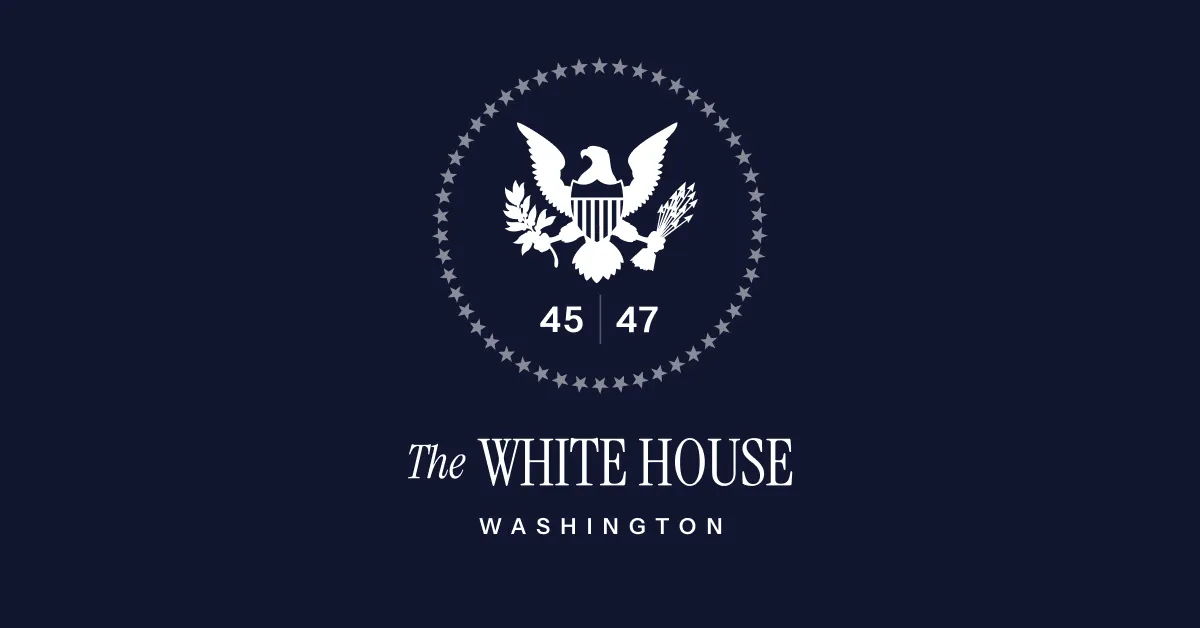
In 1962, Congress granted the Food and Drug Administration (FDA) the authority to regulate prescription drug advertising. This critical legislation was established to protect consumers from misleading advertisements that can distort the understanding of the risks and benefits associated with medications. Unfortunately, many of these advertisements can mislead the public about the true efficacy of drugs, promote medications over necessary lifestyle changes, and disrupt the vital physician-patient relationship. Additionally, they often favor expensive brand-name drugs over more affordable generic options.
The FDA has historically mandated that manufacturers, packers, or distributors of prescription drugs must provide comprehensive information that fairly balances the benefits and risks of their products. However, over time, the requirements established by the FDA have allowed drug companies to present less information, particularly in broadcast advertising. As a result, the volume of drug manufacturer advertising has surged in recent decades, raising concerns about the integrity of the information being provided to consumers.
My Administration is committed to ensuring that the current regulatory framework for drug advertising delivers fair, balanced, and complete information to American consumers. To accomplish this, the Secretary of Health and Human Services will take appropriate actions aimed at enhancing transparency and accuracy in direct-to-consumer prescription drug advertising. This includes increasing the amount of information regarding the risks associated with any prescription drug that must be disclosed in advertisements, in accordance with applicable law.
The Commissioner of Food and Drugs will also take necessary measures to enforce the provisions of the Federal Food, Drug, and Cosmetic Act regarding prescription drug advertising. This enforcement will ensure that all direct-to-consumer advertisements provide truthful and non-misleading information, thus empowering consumers to make informed decisions about their healthcare.
It is important to note that this memorandum is not intended to create any legal rights or benefits, whether substantive or procedural, that can be enforced at law or in equity by any party against the United States, its departments, agencies, or entities, or any of their officers, employees, or agents.
In conclusion, the regulation of prescription drug advertisements is essential for protecting public health and ensuring that consumers receive accurate information. Through enhanced regulatory measures, my Administration aims to foster a more transparent and responsible advertising environment that prioritizes the well-being of all Americans.